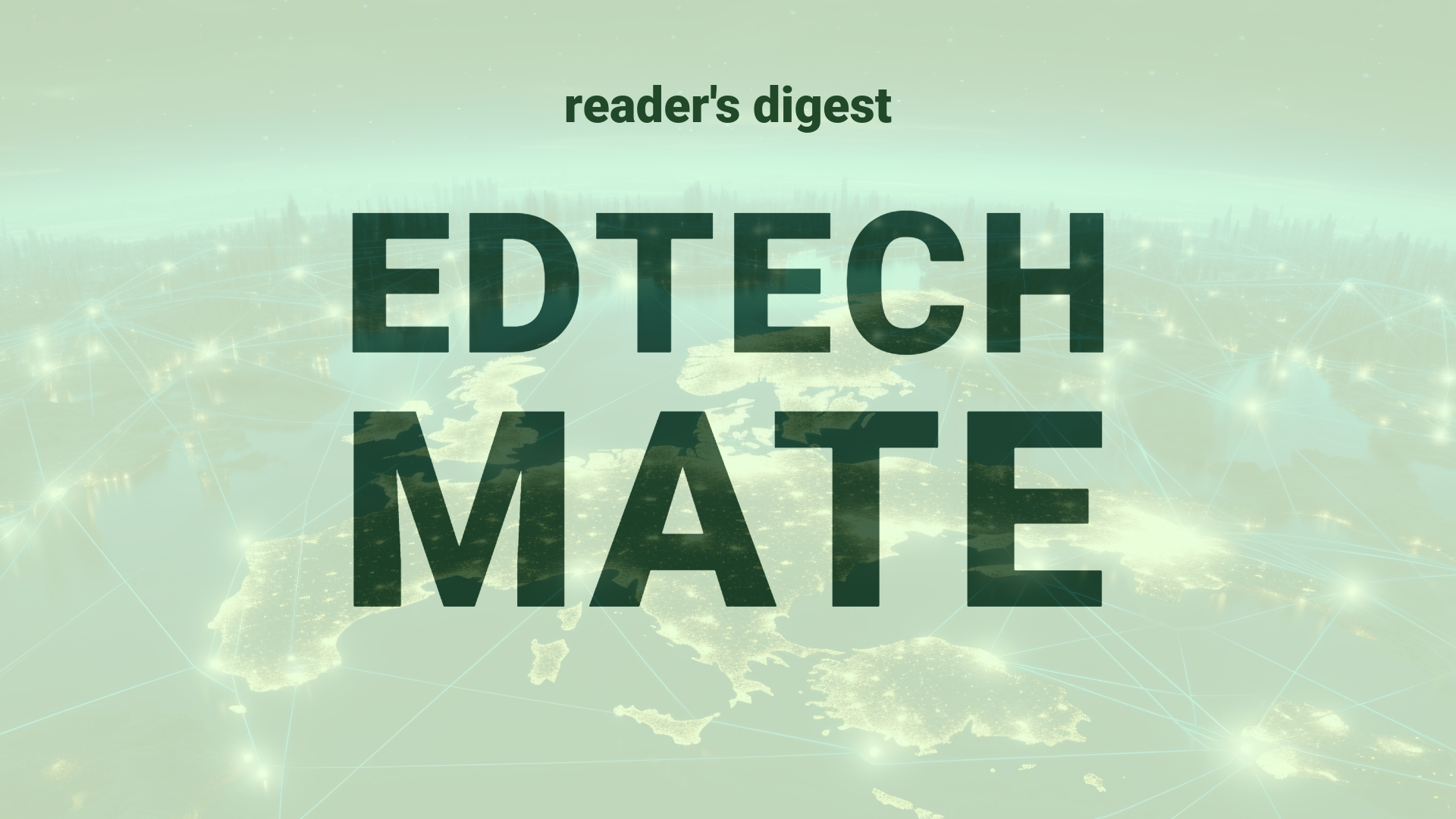“`html
Executive Summary and Main Points
The ERP and professional services software provider, Certinia, based on the Salesforce platform, has announced the integration of generative AI into its Spring ’24 update aimed at streamlining the estimation process and reducing risks in new projects. This includes functionalities like AI-generated professional service estimates using company data and success rate predictions for deal closures. Other AI-driven features touch upon financial report commentary, invoice management, and project monitoring. A standout is the ‘guided scoping’ tool that aims to reduce the time-consuming and complex estimation process, thus balancing accuracy and speed. These updates are an example of a strategic application of AI to improve decision-making and efficiency in professional services.
Potential Impact in the Education Sector
Adopting AI-driven ERP systems like Certinia could significantly impact Further Education and Higher Education by enhancing process efficiencies and enabling more strategic resource allocation. In the realm of micro-credentials, integration of AI can improve program projections, risk assessment, and tailor services to diverse student needs. For instance, by leveraging historical data, institutions can make better enrollment and capacity predictions, streamline financial operations, and enhance student engagement by identifying and mitigating risks for program attrition. Strategic partnerships with ERP providers can advance digitalization and leverage data analytics for informed decision-making.
Potential Applicability in the Education Sector
This technology’s application can be game-changing when tailored to global higher education systems. AI-enhanced ERP systems might facilitate personalized course recommendations, automate administrative processes, and optimize resource utilization – crucial in the context of international student services and revenue management. Digital tools incorporating AI can also play a pivotal role in predictive analytics, informing curriculum development based on labor market trends and streamlining accreditation processes for new programs or micro-credentials, thus maintaining responsiveness to shifting educational demands.
Criticism and Potential Shortfalls
While AI carries the promise of efficiency, there are ethical and cultural considerations within the education sector. One-size-fits-all solutions may not align with diverse institutional or regional educational practices. Also, the reliance on AI-driven decisions could inadvertently perpetuate historical biases present in the data, affecting equitable service delivery. Comparative international case studies, such as the varied use of AI in European vs. Asian higher education systems, illustrate inconsistencies in AI effectiveness due to different regulatory and cultural landscapes. A critical question remains: how to ensure AI integration respects academic freedom and diversity in teaching and learning approaches.
Actionable Recommendations
To leverage technologies such as Certinia’s AI-driven ERP systems effectively, higher education leaders should engage in pilot projects to evaluate specific benefits and challenges within their institutions. Collaboration with industry experts can aid in customizing AI applications to suit educational contexts. Furthermore, cross-sector partnerships, such as collaborations between educational institutions and technology companies in joint research initiatives, can guide the ethical implementation of AI while fostering innovation. Continuous professional development for staff to skillfully navigate these new tools and an inclusive dialogue among stakeholders will be crucial to successfully harnessing AI for the advancement of global higher education.
“`
Source article: https://www.cio.com/article/2092137/certinia-bakes-ai-into-its-latest-professional-services-updates.html

